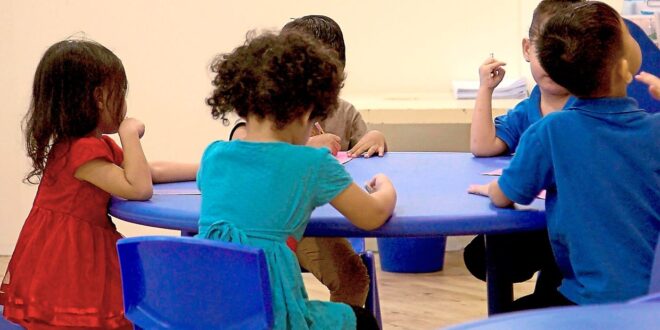PETALING JAYA: Closed-circuit television (CCTV) systems installed at daycare centres and nurseries should not have any “blind spots” under the new child safety guidelines that aim to prevent abuse at such premises.
This includes those at activity spaces, dining hall, kitchen or pantry, sick bay or isolation room, porch and other spots deemed necessary by the authorities.The CCTVs must have a minimum 1080pHD quality pixels or resolution that can produce a sharp image of a person’s facial and physical features.
The guidelines also call for improved cardiopulmonary resuscitation (CPR) courses for staff.
“The new addition (to the guidelines) also dictates a more in-depth face-to-face basic first aid and CPR course,” said Malaysia Association of Registered Early Child Care and Development president Anisa Ahmad.The new guidelines include an alert system created for centres in government buildings, in which the nursery must take action when a child does not turn up after more than 30 minutes from the scheduled drop-off time, to ensure the safe arrival of the children.The child safety guidelines also cover daily logs on the management of children and monitoring and supervision of the centres’ operations.
The ministry is also working with the police to screen workers at daycare centres and nurseries to weed out those with criminal records.
For now, Anisa said that checks are already being carried to assess the caretakers’ psychological state.
“We did propose an annual check to ensure child educators possess good mental health.
“There are nursery operators who have done this but it is costly,” she said in an interview.She urged daycare operators to conduct body checks of children in front of the parents to establish any wounds or scratches before they enter the centre.If there are suspicions of abuse at home, Anisa said the centre would report it immediately, as stipulated under Section 29 of the Child Act.
As for children with special needs or conditions, she said parents must be more forthcoming about such information to avoid cases of caregivers not having the skills to handle them.
 BeritaKini.biz Berita Viral Terkini di Malaysia
BeritaKini.biz Berita Viral Terkini di Malaysia





